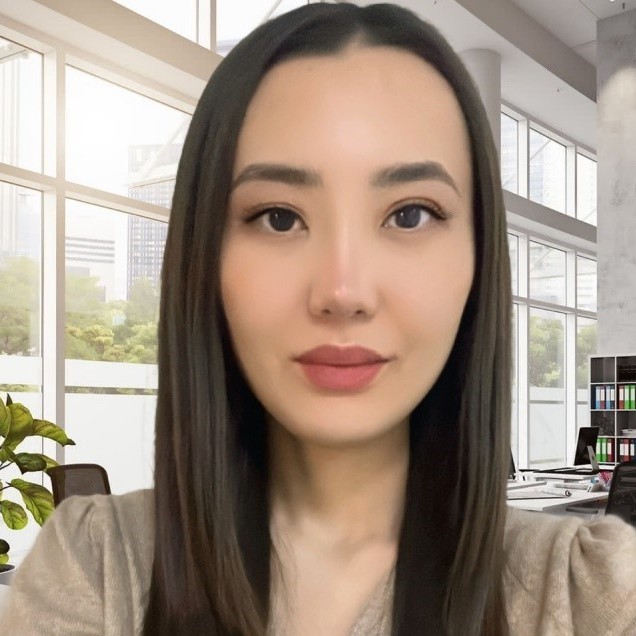
Tautayeva Asel
The Department of «Technique and technology of food production»
Master of technical sciences
May 2018 – August 2019: the enterprise of JSC "Bacchus", the processor of cognac production;
September 2019 – present: Fuel and Energy Complex at JSC "ATU", teacher of special disciplines;
September 2022 – present: MITU University, specialist/teacher
2014 - 2018 Almaty Technological University. Technology of processing industries.
2020 - 2022 Almaty Technological University. Food safety.
Creation of varieties and hybrids of fruit and berry, nut-bearing crops and grapes based on the achievements of bio and 1T technologies
Publications
1. Monitoring the quality of plant raw materials for the creation of pectin-containing products, SCIENTIFIC HORIZON IN THE CONTEXT OF SOCIAL CRISES 7 th International Scientific and Practical Conference No. 41, |TOKYO, JAPAN, 6-8.02.2021, P. 1003-1006;
2. Evaluation of organoleptic quality indicators of the obtained natural pectin-containing juices, Materials of the Republican scientific and Practical Conference of young scientists "Science. Education. Youth" Almaty, ATU, April 22, 2021, pp. 8-10;
3. Development of a functional drink based on natural juice with the addition of currant and almond extracts, International Scientific and Practical Journal XII GLOBAL SCIENCE, Nur-Sultan, 2021, from 23-28;
4. Monitoring the quality of plant raw materials for the creation of pectin–containing products, III International Book Edition of the CIS countries "The best young scientist - 2021", Nur-Sultan, 2021, from 24-26;
5. Research of apple varieties for pectin production, Materials of the Republican scientific and Practical conference of young students "Science. Education. Youth", April 21-22, 2022, Almaty, pp. 14-16;
6. Patent for a utility model: "A method for obtaining juice from pectin-containing raw materials."
7. Development of elements of the quality management system in the production of pectin, Proceedings of the scientific and practical conference "Basics of learning the latest theories and methods", March 07-10, 2023, Boston, USA